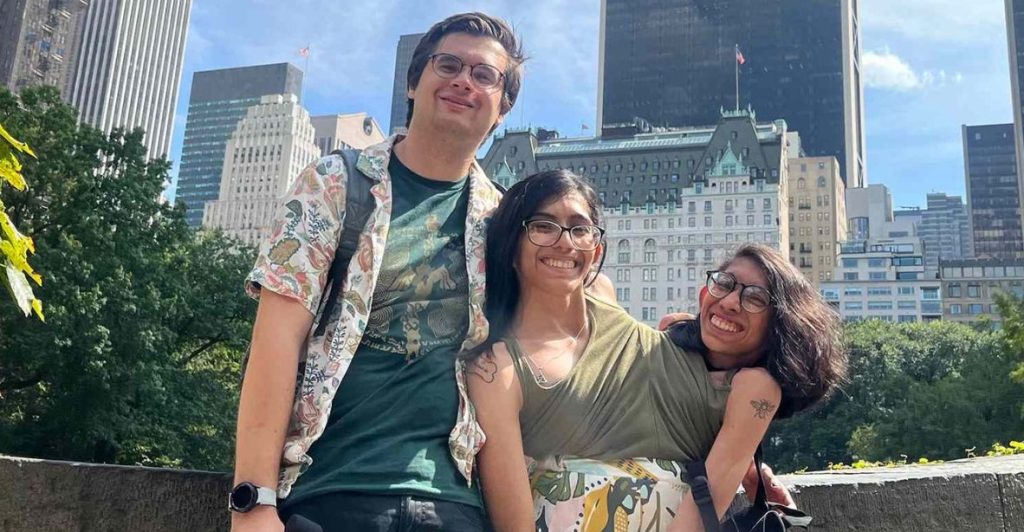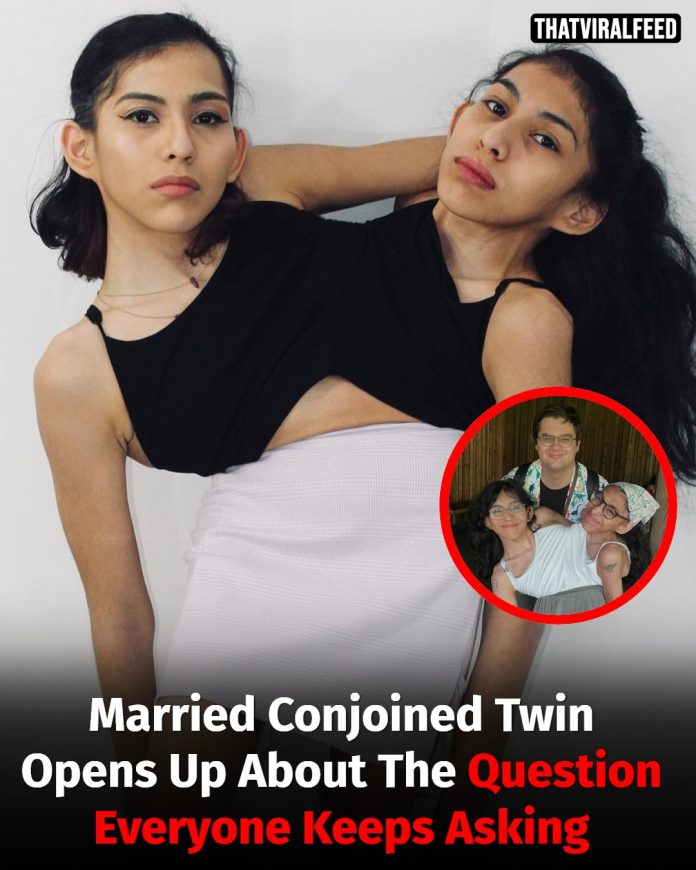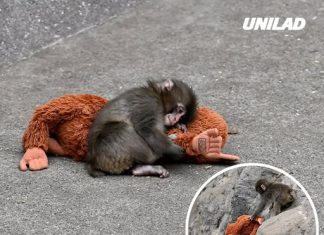Carmen Andrade, one half of the conjoined twin pair Carmen and Lupita Andrade, has surprised many by quietly marrying her longtime partner, Daniel McCormack. The ceremony took place in October 2024, and while the news drew widespread attention, it also sparked deeper conversations about identity, boundaries, and the complexities of sharing a body yet leading distinct lives.
How They Met and Their Wedding
Carmen and Daniel first connected in 2020 through the dating app Hinge. Their relationship evolved over several years before reaching the decision to marry. In a low-key ceremony on Connecticut’s Lover’s Leap Bridge in New Milford, the couple exchanged vows in the presence of close family members. Carmen chose an emerald green, sequined dress rather than a traditional white gown, explaining that she doesn’t favor white attire. In a video update titled “Overdue Update!,” Carmen displayed her ring and announced, “I did get married,” while Lupita immediately replied, “I did not,” clarifying that the union was between Carmen and Daniel alone.

Navigating Intimacy and Boundaries
Because Carmen and Lupita share parts of their reproductive, circulatory, and digestive systems, the question of intimacy must be handled with considerable sensitivity. Carmen and Daniel emphasize that communication is key. If a situation makes Lupita uneasy—whether it’s cuddling or another show of affection—they refrain from proceeding. They prioritize respect and mutual comfort over assumptions. Lupita, identifying as asexual, has stated clearly that she does not see Daniel in a romantic context. She has often affirmed that her bond with him is that of a sibling, not a romantic partner. In public comments, she has joked about wearing headphones or tuning out when conversations drift into personal territory.
Privacy, Curiosity, and Respect
Public interest in the twins’ lives intensifies whenever they make headlines. Their relationship has drawn both admiration and probing questions focused on private matters. Carmen and Daniel frequently push back against intrusive inquiries, with Daniel noting that obsession with sex and personal details is dehumanizing. Carmen herself has condemned questions about her anatomy or whether she and Daniel are intimate, calling it none of anyone’s business. The twins have also spoken about growing up being fetishized online. Carmen has said that many men messaged her focusing first on her condition. She appreciated Daniel for being different—he did not immediately fixate on her being conjoined. That respect and emotional stability drew her to him.
Shared Lives, Separate Selves
Although they are physically joined at the torso, Carmen and Lupita maintain distinct identities, preferences, and ambitions. They each control one leg, and while they share several internal organs, they have separate hearts, lungs, and stomachs. Lupita has made it clear she doesn’t want marriage and hasn’t had romantic aspirations; her focus remains on supporting her sister and nurturing her own creative work. Carmen, meanwhile, has acknowledged she never envisioned motherhood. She has endometriosis and uses hormone blockers, and she and Lupita are unable to become pregnant. Instead, she refers to being a “dog mom”—choosing to nurture and care for pets rather than children.

What Their Story Tells Us
The journey of Carmen, Lupita, and Daniel underscores that love, identity, and relationships are not one-size-fits-all. Their arrangement challenges conventional assumptions about marriage, privacy, and intimacy. They show that conjoined twins can still sculpt personal lives, express romantic connections, and negotiate boundaries with respect and grace. Beyond the headlines, their story invites humanity and empathy. It highlights how two people can co-exist physically yet maintain separate emotional landscapes. It also reasserts the importance of autonomy and consent in relationships—especially when life itself is shared in such a deeply intimate way.

















